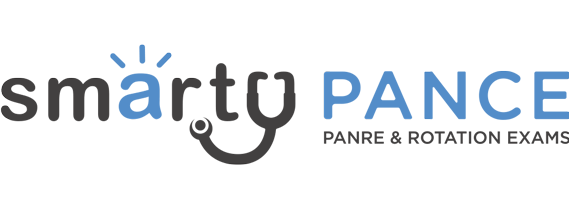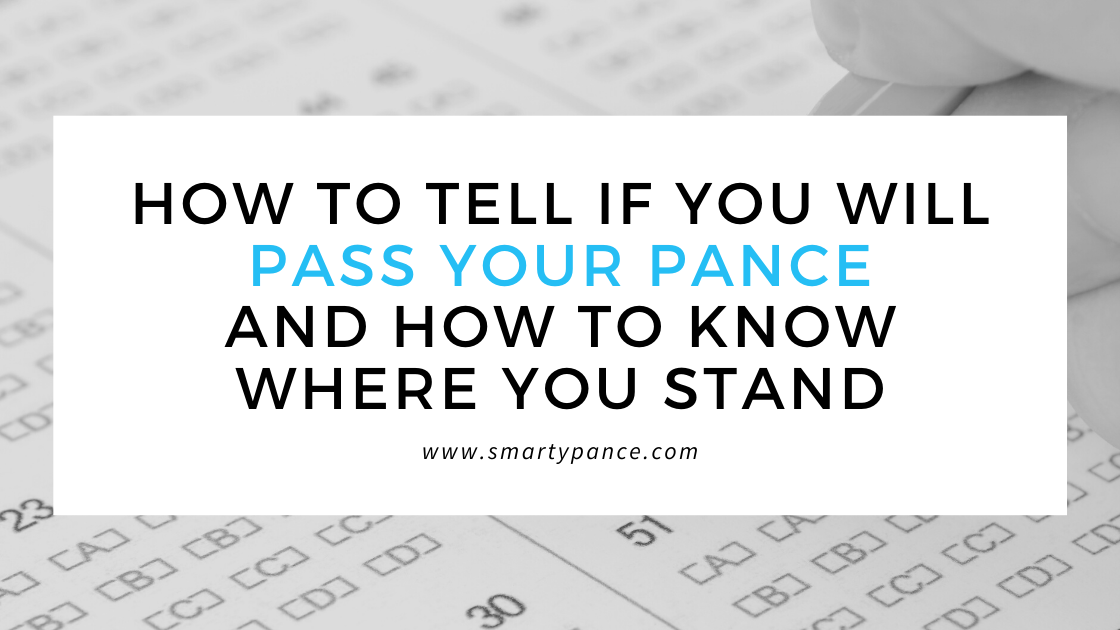There's no reason why you should go into your boards without having a very clear understanding of where you stand.
Though passing scores are no longer published, a PANCE score of 350+ is generally accepted as "passing," however, passing scores can and do range from 350-392. The highest score attainable on your PANCE is 800.
Here are the three resources that you should use for self-assessment.
NCCPA Practice Exams
The NCCPA practice test is a good simulation of the PANCE, as they are actual retired questions. You cannot take a pretest that is more aligned with your initial certification exam, and it is a great tool to guide your study focus.
There are two tests: Form A and Form B. Each test costs $50, is 120 questions, and you are given 60 seconds to answer each question. One hundred twenty questions / 60 seconds = a very manageable two-hour practice exam.
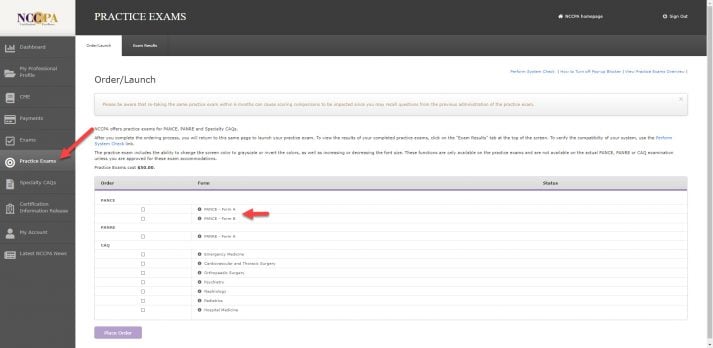
It will immediately give you a printout of where you are week and where you're strong based on a rating of incompetent, borderline competent, and competent.
If you are anywhere from the upper end of the borderline to the competent range, you should have little difficulty passing.
Take one NCCPA practice test two to three months out from your test date, so you know which subjects you need to work on and what actual questions from the exam look like.
Take the other test two to three weeks out and reevaluate yourself, and know where to hone in those last few weeks of studying.
The PACKRAT
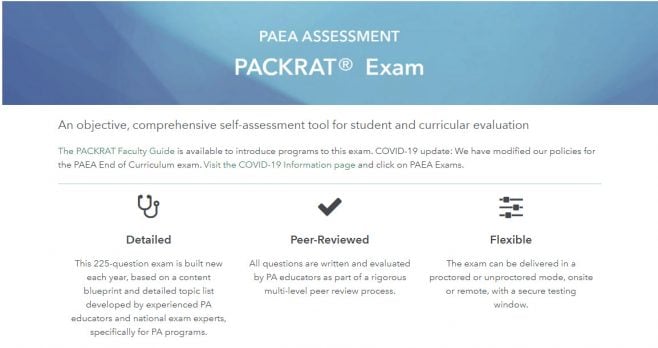
The Physician Assistant Clinical Knowledge Rating and Assessment Tool (PACKRAT) was designed to mimic the PANCE.
The PACKRAT is written by the Physician Assistant Education Association (PAEA) to provide students a gauge of where they stand before taking the boards.
Ninety percent of PA schools administer the PACKRAT, which you will usually take during your senior year.
The PACKRAT is a 225-question exam built new each year, based on a content blueprint and detailed topic list developed by experienced PA educators and national exam experts, specifically for PA programs.
Students are provided a report that indicates their individual overall score (out of 225). That score is then compared to one's own cohort (class) and to the national cohort (every other PA student that takes that exam that year, broken down by either 1'st or 2'nd year).
The rule of thumb is a PACKRAT score greater than 150 means your odds of passing the PANCE are astronomically high.
The national mean is ~130 and a score of 110 has been correlated to not passing the PANCE.
You should aim for a score of 70% on your PACKRAT, which is 157/225 correct answers.
The PAEA used to publish the following formula to predict your PANCE scores:
PANCE SCORE = [PACKRAT x 5.74] - 287.47
Using this formula and a PACKRAT score of 157 would equate to a PANCE score as follow: [157 x 5.74] - 287.47 = 613.71
If you take the test and your score indicates you are on shaky ground, keep building your knowledge and working on the areas where you're weak.
Smarty PANCE 225 Question Practice Exams
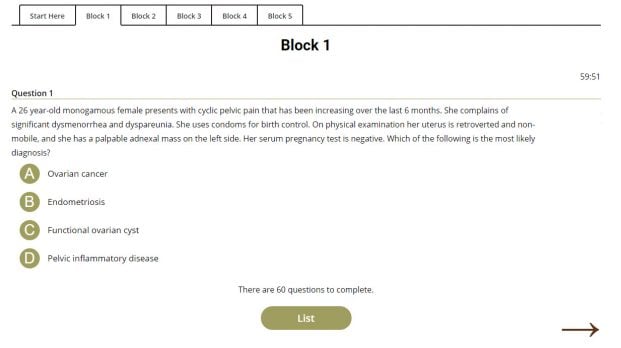
On Smarty PANCE, we have five 225 question PACKRAT style practice exams.
They are administered in "tutor mode," which means you get immediate feedback on the questions you missed and are provided with the correct answer choice.
There is a rule of thumb in cognitive neuroscience that says if "you fire it, you wire it," which basically means if you don't correct a mistake at the moment you make it, you are likely to repeat it again.
Practicing and performing a self-evaluation in tutor mode allows you to gauge your strong (and weak areas) and make corrections along the way.
Like the NCCPA practice exams, I recommend taking one practice test early or ideally before beginning your studies. You can take another exam two to three weeks out to reevaluate yourself.
During the examination, take the time to correctly "wire" your brain by referencing corresponding lessons on Smarty PANCE or making a list of topics to review later.
We have also created the "Virtual PANCE" timed exam with five blocks and a 45-minute break timer to simulate exam day.
You will find the exact lab value reference sheets used on the PANCE in the Smarty PANCE website's footer.
Taking the entire virtual PANCE or even a part of it during your exam preparation is a fantastic way to get a feel for how you will perform under pressure. Research shows working in these simulated environments results in better exam-day performance.
Have a fabulous day, and happy studies!
Warmly,
Stephen Pasquini PA-C
www.smartypance.com

